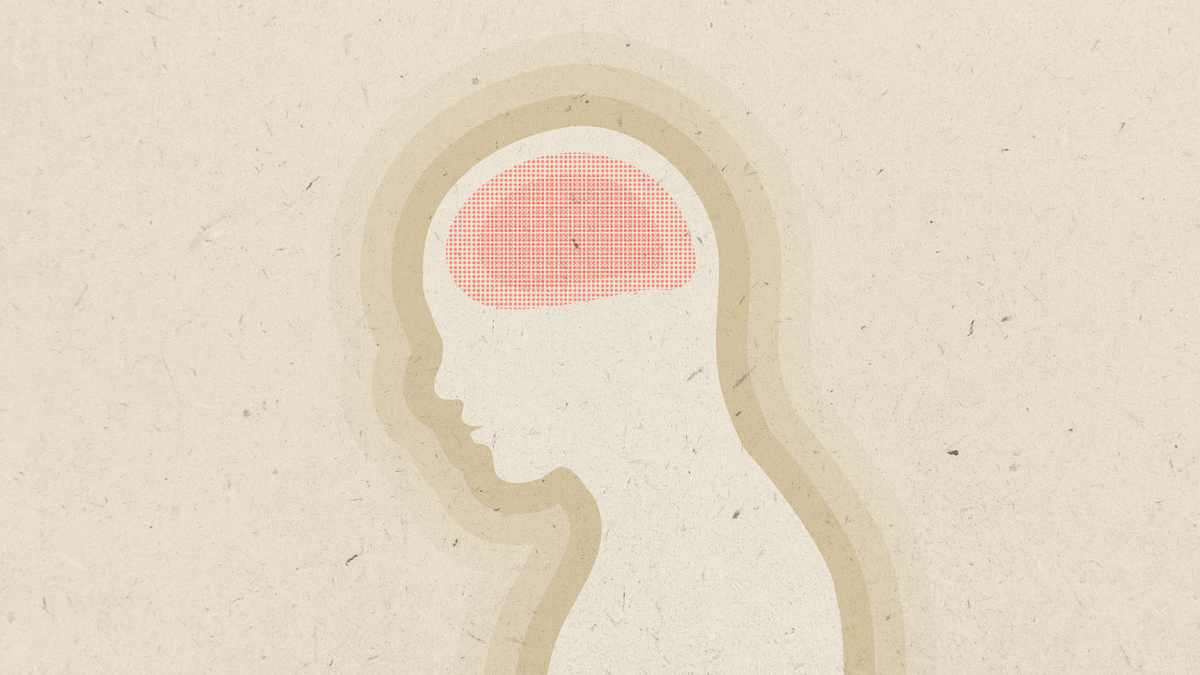Conversations consider the relationship between mental health conditions and gun violence
Plus, a video incited a dispute about the legitimacy of ADHD diagnoses and treatment, and articles anticipated World Mental Health Day.

Plus, a video incited a dispute about the legitimacy of ADHD diagnoses and treatment, and articles anticipated World Mental Health Day.
This week, social media users responded to vice presidential candidate Tim Walz’s recent statement that “just because you have a mental health issue doesn’t mean you’re violent,” with some arguing that mental health conditions lead to gun violence. In other discussions, Facebook users debated the necessity of ADHD treatment, and articles announced this year’s World Mental Health Day theme: “Mental Health at Work.”
In light of these conversations, public health communicators may debunk the false claim that mental health conditions are the root cause of gun violence, recirculate information about ADHD symptom management and accommodations, and share tips for managing mental health at work.

Insights brought to you by the reporters and science writers of Public Good News (PGN), a nonprofit newsroom dedicated to improving community health.
What’s trending nationally in conversations about mental health
This week, social media posts praised Governor Tim Walz for his call to destigmatize mental health conditions during the recent vice presidential debate. One X post quoted Walz’s response to a question about gun violence: “Just because you have a mental health issue doesn’t mean you’re violent.” That post received approximately 270,000 views, 22,000 likes, 1,900 reposts, and 130 comments as of October 9. Some comments agreed with Walz’s response and stated that people with mental health conditions are more likely to be victims of violence than perpetrators. Others, however, falsely claimed that mental health conditions are the primary cause of gun violence.
A recent Facebook reel generated a spike in conversation about ADHD, receiving approximately 3,000 likes, 1,100 shares, and 250 comments as of October 9. The reel featured an interview with a psychiatrist who critiqued what he believes is outdated diagnostic criteria for ADHD, noting that ADHD does not only manifest as impulsive behavior in children but also as sleep disturbances and difficulty regulating emotions. He stated that ADHD is overlooked in adults, who also face challenges from ADHD symptoms. A debate arose in the comments after one Facebook user falsely claimed that ADHD does not exist and was “invented” by pharmaceutical companies. Sixty responses followed, with many refuting the claim by sharing their personal experiences with ADHD and explaining that medication is not always necessary, though others highlighted its benefits. Other comments discussed the affirmation they felt after being diagnosed with ADHD and receiving proper treatment and accommodations.
Several recent articles acknowledged that World Mental Health Day is on October 10. This year’s theme is “Mental Health at Work.” Articles shared tips on how people can manage stress in the workplace. More conversation about World Mental Health Day is expected in the coming week.

Recommendations brought to you by the health communication experts behind Infodemiology.com.
Recommendations for public health professionals
Each week, the Infodemiology.com team will provide messaging recommendations in response to some of the trending narratives outlined above. These helpful tips can be used when creating content, updating web and FAQ pages, and developing strategy for messaging about mental health.
In response to false claims that mental health conditions are the root cause of gun violence, messaging may emphasize that the vast majority of people living with mental health conditions are not violent. In fact, research shows that serious mental health conditions contribute to only about 4 percent of all violent crime in the U.S. and that people with mental health conditions are more likely to be victims of violence than perpetrators. Sharing ways people can fight mental health stigma is recommended.
Online conversations about ADHD show a need for further education about ADHD symptoms in adults and children, as well as treatment options and accommodations that can benefit people with ADHD at school and work. Messaging may emphasize that ADHD is a chronic condition that requires ongoing management. In addition to highlighting medications that are approved to treat ADHD, communicators may also share online tools that can help people with ADHD manage their symptoms.World Mental Health Day on October 10 provides an opportunity to recirculate general mental health resources, such as therapist databases, support groups, local mental health centers, and mental health hotlines like the 988 Suicide & Crisis Lifeline throughout the next several weeks. In observance of this year’s theme—“Mental Health at Work”—communicators may share tips for supporting mental health in the workplace and managing work-related stress.
